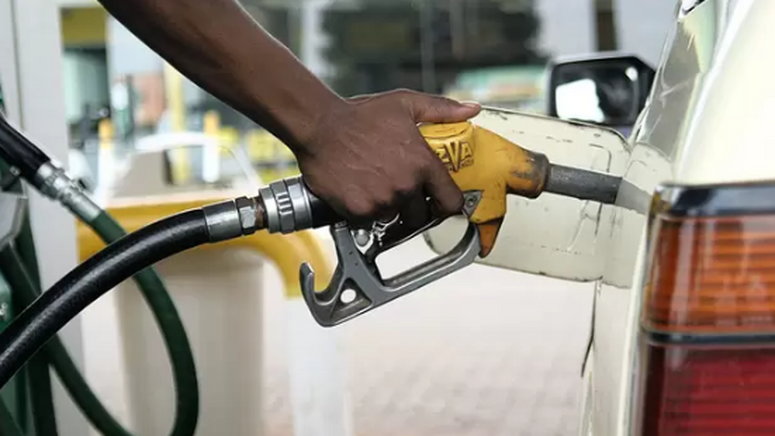Ghana’s Fuel Prices Set to Drop: A Welcome Relief Amid Economic Challenges
Ghanaian consumers can expect a significant reduction in fuel prices during the first pricing window of June, with projections indicating a decline of 5% to 9%. This anticipated drop comes as a much-needed reprieve for households and businesses grappling with persistent inflationary pressures.
What’s Driving the Price Reduction?
The primary factor behind this expected decrease is the recent appreciation of the Ghanaian cedi against the US dollar. Since petroleum imports are priced in dollars, a stronger cedi lowers procurement costs for oil marketing companies, which in turn reduces prices at the pump. According to the Africa Sustainable Energy Centre (ASEC), petrol is likely to sell for between GHS 12.00 and GHS 12.60 per litre, while diesel could range from GHS 12.60 to GHS 13.20 per litre in the coming weeks.
Another contributing factor is the decline in global crude oil prices, which have fallen from around $85 per barrel at the start of the year to approximately $64. While this drop has helped ease local fuel costs, it also presents a challenge for Ghana as a net oil exporter.
Economic Implications: A Double-Edged Sword
The reduction in fuel prices is expected to lower transportation costs and provide short-term relief from inflation. However, the government faces a potential revenue shortfall due to the decline in global oil prices. With Brent crude down by more than 24% since January, Ghana’s foreign exchange inflows and budgetary funding could be adversely affected.
ASEC has cautioned that unless the price drop is solely due to exchange rate fluctuations, the government may need to increase production volumes to compensate for the lost revenue. This delicate balance between consumer relief and fiscal stability will be crucial in the coming months.
Future Outlook: What to Expect
Looking ahead, global crude oil prices are projected to remain within the $62–$65 per barrel range. This trend is driven by increased production from OPEC+ nations and weaker demand from major economies like the U.S. and China. ASEC has pledged to continue monitoring market developments to provide data-driven insights for policymakers.
While the current dip in fuel prices offers a temporary boost to economic sentiment, long-term strategies for energy security and fiscal resilience remain essential. Fuel prices are a key economic indicator in Ghana, influencing everything from inflation to industrial activity, making their stability vital for sustained recovery.
In summary, the upcoming reduction in fuel prices is a positive development for consumers, but it also underscores the need for careful economic planning to ensure Ghana’s growth trajectory remains on course.





1 Comments